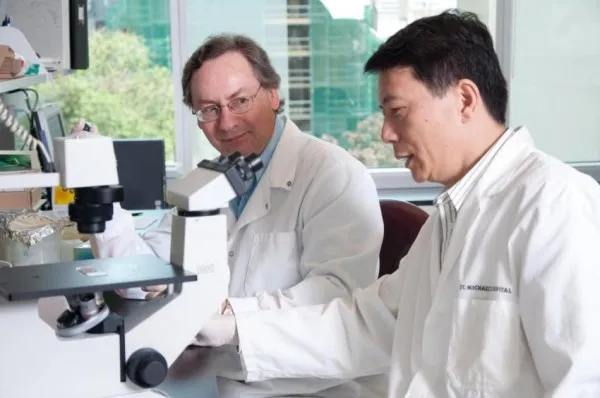There are many research to cure type 1 diabetes, but it is not an easy task.For example, work is being done on antibodies that revert type 1 diabetes in mice, the use of custom stem cells to produce insulin and in other techniques such as the use of artificial pancreas to facilitate coexistence with the disease.
Now a new investigation opens a new range of possibilities.A chemical produced in the pancreas that prevents and even reverts type 1 diabetes in mice, has the same effect on human beta cells transplanted into mice, indicates new research.
The GABA (or gamma-aminobutiric acid) is an amino acid produced by the same beta cells that synthesize and secrete insulin (in addition, of having other functions).
Doctors Gerald Prud'homme and Qinghua Wang of the Keenan Biomedical Science Research Center of the St. Michael Hospital published a study in 2011 showing for the first time that GABA's injections, not only prevented type 1 diabetes but also reversed thedisease.
Now, a new study, published in Diabetes, shows that GABA does the same function in mice with human pancreatic cells.
Prud’homme and Wang doctors also found that GABA also importantly increased the survival rate of pancreatic cells when they were transplanted in mice.About 70% of the cells die in the interval that is going since they are collected from the organ and transplanted.The researchers said their finding could carry future investigation specifically related to pancreas transplant.
The GABA has been known for decades for its role as a key neurotransmitter in the brain, a chemical compound that nerve cells use to communicate with each other, but their role in the pancreas and in relation to diabetes was unknown to the 2011 study of 2011Prud'homme and Wang.
The GABA and related therapies could be tested in humans, a process that could take several years, according to researchers, since many treatments that work in mice do not always translate into effective therapies in humans.
Source: Link








